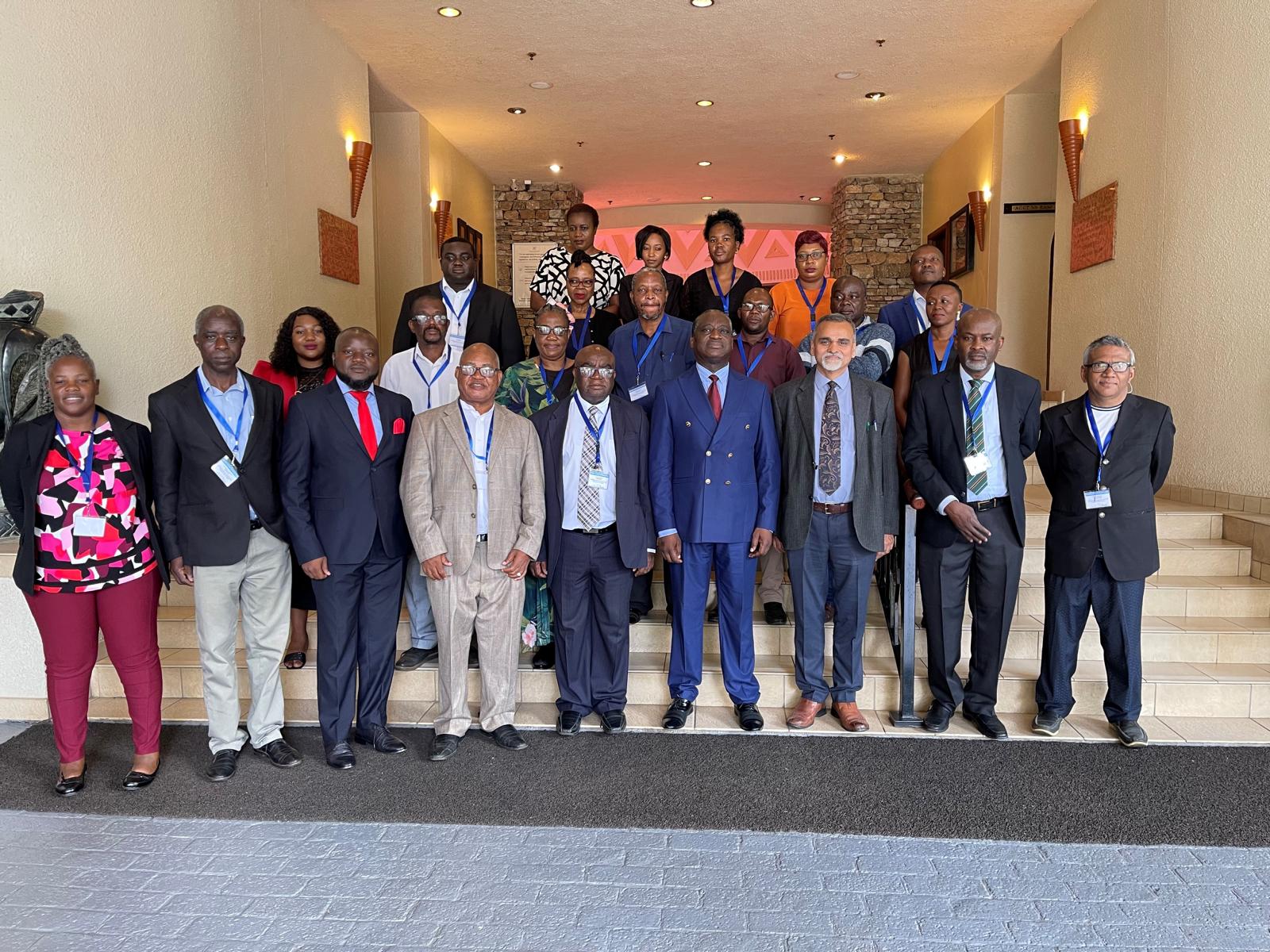‘Delegates call for the closing of implementation gaps, strengthening primary health care and consolidating NCDs research agenda‘
The second African Regional Conference on Non-communicable Diseases (NCDs) ends today 14 January 2023.
It has been running from 12 – 14 January 2023 in Zimbabwe’s tourist town of Victoria Falls under the theme “NCD prevention, surveillance and management to achieve SDG 3 in the context of COVID-19 and other health emergencies.”
The meeting sought to share experiences on the latest advances and trends in NCD prevention, management, and surveillance within the context of the COVID-19 pandemic and other health emergencies including HIV / AIDS.
Zimbabwe’s Ministry of Health and Child Care (MoHCC), World Health Organization (WHO) and World Non-Communicable Diseases Federation African Region jointly organized this year’s conference.
Clinton Health Initiative (CHAI), Midlands State University and United Nations Children’s Funds (UNICEF) are some key stakeholders participating in the three-day conference.
Seven countries from the African Region participated in the conference together with key health stakeholders from the civil society health sector and the donor community.
The conference delegates include NCD prevention, surveillance and management experts from Ministries of Health, top researchers, and academia from the WHO African Region and beyond.
MoHCC deputy minister Honorable Dr. John Mangwiro, from the host country Zimbabwe, was the key guest attending the conference.
“This conference brings our attention to the urgent need to tackle NCDs as espoused in the National Health Strategy 2020 – 2025.
“It also presents an opportunity for us to take stock and share lessons we have learnt in implementing the WHO Package of Essential NCD interventions for primary health care in low-resource settings (WHO PEN) with other participating Member States from our Region,”said MoHCC Deputy Minister Dr John Mangwiro.
NCDs were responsible for 37% of deaths in the region in 2019, rising from 24% in 2000.
The global COVID-19 pandemic exacerbated the situation.
“The conference provides an opportunity for public health practitioners, researchers and policy makers to deliberate on lessons learnt from COVID-19 Pandemic, identifying interventions for closing the implementation gaps, strengthening primary health care and research agenda to inform future NCD interventions to achieve SDG 3.4,”says World NCD Federation Regional Coordinator and Midlands State University Academic, Professor Davison Munodawafa.
WHO’s NCD Team attending the conference shared the recent WHA resolutions on NCD prevention and management, WHO guidelines, technical products and tools that include WHO signature solutions for prevention and management of NCD, during the meeting.
WHO Zimbabwe Country Representative, Dr Alex Gasasira emphasized on the importance of the conference.
“This conference will provide opportunities to strengthen integrated and person-centered NCD prevention, treatment and care.
We expect the conference to come up with key recommendations on evidence driven and innovative ways of operationalizing existing global and regional policies and strategies which includes the WHO “NCD best buys and other cost-effective interventions,”he said.
WHO leads global efforts to expand universal health coverage. We direct and coordinate the world’s response to health emergencies. And we promote healthier lives – from pregnancy care through old age. Our Triple Billion targets outline an ambitious plan for the world to achieve good health for all using science-based policies and programmes. For more information on WHO’s work and programmes in Zimbabwe, www.afro.who.int/countries/zimbabwe. Follow us on Twitter: @WHO_Zimbabwe: Facebook: World Health Organization Zimbabwe Instagram: @WHO Zimbabwe




